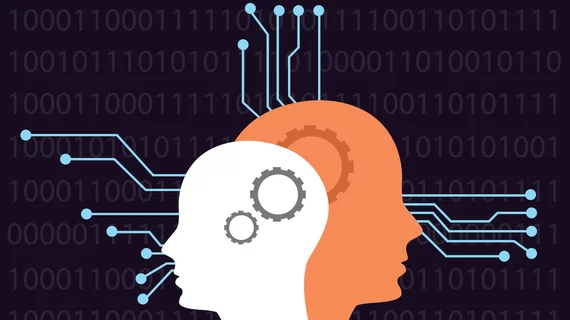Canadian university launches center to build AI 'machines with morals'
The University of Guelph in Ontario, Canada, has launched a new center that aims to address the ethics of AI and build "machines with morals" by ensuring technologies benefit people and minimize harm.
The center, dubbed Center for Advancing Responsible and Ethical Artificial Intelligence (CARE-AI), also hopes to influence public policy and regulations.
“AI has the potential to do harm and the potential to improve life,” Graham Taylor, an engineering professor and academic director of CARE-AI, said in a statement. “We want to connect researchers trying to solve real problems that are important to people.”
CARE-AI will bring together nearly 90 university researchers and scholars who plan to analyze the humanistic and social aspects of AI. Researchers will investigate methodologies, such as learning algorithms, human-computer interfaces, data analytics, sensors and robots.
The center will also focus on applying machine learning and AI to several industries and specialties at the university, including human and animal health, environmental sciences, agri-food and the bio-economy.
“This interdisciplinary center will help foster partnerships among U of G researchers and experts in private and public organizations, all looking to address real-world issues and challenges with people implementing artificial intelligence in a range of applications. With a focus on humanistic aspects of AI, it’s an excellent example of how U of G looks to improve life,” Malcolm Campbell, University of Guelph vice president of research, said in a statement.
Interestingly, humanities scholars will look at the moral and legal aspects of AI, including if AI has the potential to become entities with emotion and consciousness, as well as how humans and AI will interact, particularly as intelligent machines begin to design themselves.
The center’s mission falls in line with suggestions by the American Medical Association (AMA) to address humanities in AI, such as studying implicit bias in algorithms to ensure AI technologies minimize harm on patients.
Charlotte Yates, University of Guelph provost and vice president, said the university hopes the new center will “help guide the development and implementation of AI, including ensuring that we don’t lose sight of the human side of this technology.”

